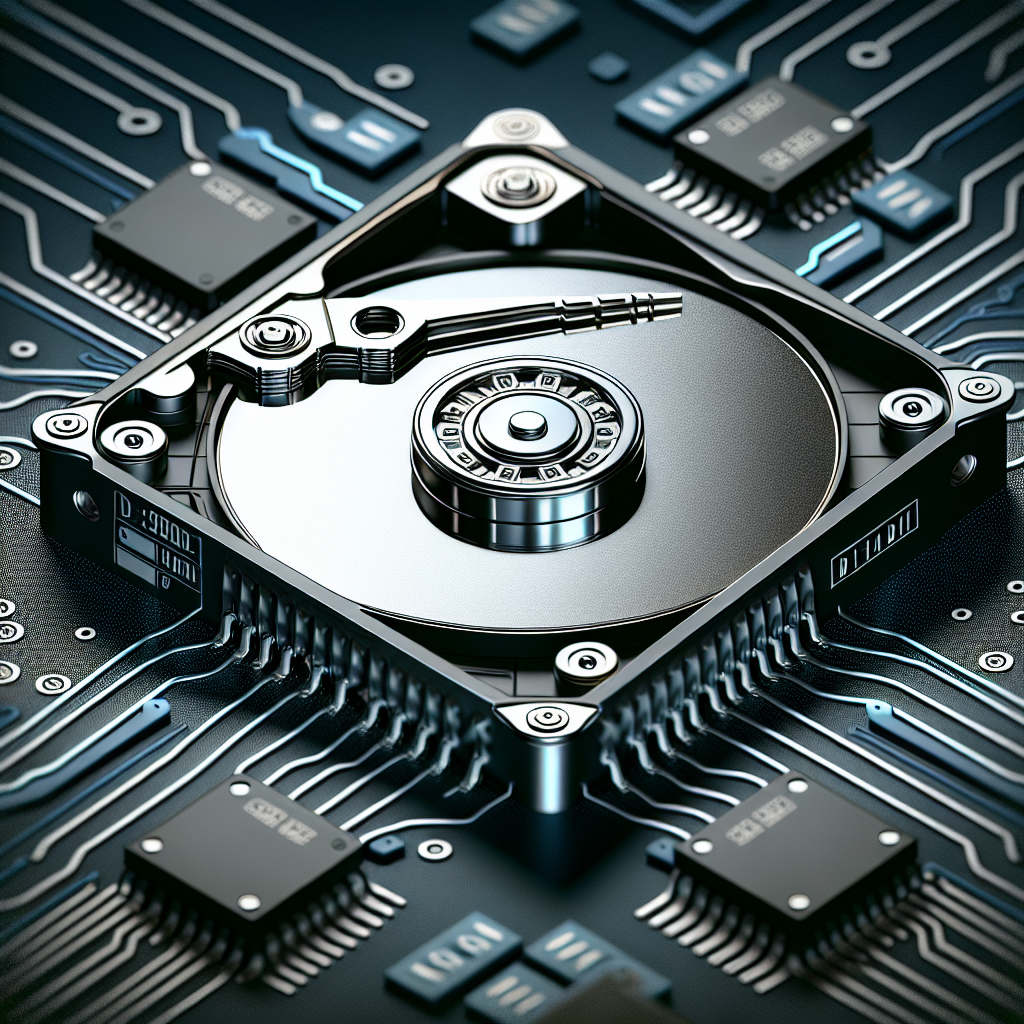Understanding the Role of Non-Volatile Memory in Data Storage Solutions
Non-volatile memory plays a crucial role in data storage solutions, providing a way to store data even when the power is turned off. Understanding the role of non-volatile memory is essential for understanding how data is stored and accessed in modern computing systems.
Non-volatile memory, as the name suggests, is a type of memory that retains data even when the power is turned off. This is in contrast to volatile memory, such as RAM, which loses its data when the power is removed. Non-volatile memory is used in a variety of storage solutions, including solid-state drives (SSDs), flash memory, and magnetic storage devices.
One of the key benefits of non-volatile memory is its ability to store data for long periods of time without the need for power. This makes it ideal for use in devices that need to retain data even when they are not actively being used, such as smartphones, tablets, and laptops. Non-volatile memory is also used in enterprise storage solutions, where data needs to be stored reliably and accessed quickly.
There are several different types of non-volatile memory, each with its own strengths and weaknesses. Flash memory, for example, is a type of non-volatile memory that is commonly used in SSDs and USB drives. Flash memory is known for its fast read and write speeds, making it ideal for use in high-performance storage solutions.
Another type of non-volatile memory is magnetic storage, which is used in hard disk drives (HDDs). Magnetic storage works by using magnetic fields to store and retrieve data, making it a reliable and cost-effective storage solution for large amounts of data. While HDDs are not as fast as SSDs, they are still widely used in many computing systems due to their affordability and high storage capacities.
In conclusion, non-volatile memory plays a crucial role in data storage solutions, providing a way to store data reliably and access it quickly. By understanding the different types of non-volatile memory and how they are used in various storage solutions, you can better appreciate the importance of this technology in modern computing systems.


